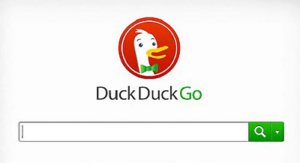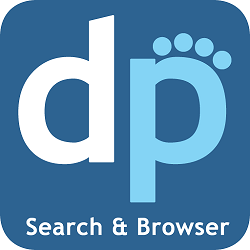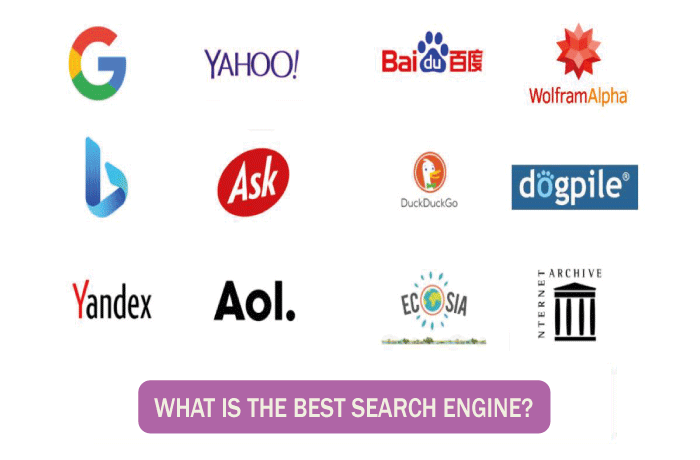Top 10 Search Engines in 2024
When it comes to search engines, users often prefer those that offer suitable outcomes, a clear and simple interface, and features to refine searches. In this guide, we’ll explore the top 10 search engines based on these criteria to help you find the one that best suits your needs.
- Google:

Google, the world’s leading search engine, captures over 70% of the market. Known for its constant algorithm enhancements, Google offers new content, ranks services, and is accessible on any platform. However, concerns include data gathering and an overwhelming number of search results.
- Bing:

Launched in 2009 as Microsoft’s response to Google, Bing favors dated, reputable websites and provides functions like map and picture searches. Despite improvements, Bing still lags behind Google in terms of instant search speed and displays more ads.
- Yahoo Search:

Yahoo is a multifaceted platform offering search, news, email, and more. While it faces competition from Google and Bing, Yahoo stands out for its variety of online portals, displaying news and popular subjects on the home screen. Ad presence and dated search results can be drawbacks.
- DuckDuckGo Search:

DuckDuckGo focuses on user privacy, with features like zero-click information and no user data tracking. It resembles Google but lacks personalized outcomes and may have limited results in picture searches.
- Dogpile Search:

Once a popular choice, Dogpile is making a comeback with a clean interface and crosslink results. It uses multiple databases for diverse outcomes but lacks date information on search results and customization options for the home screen.
- Google Scholar Search:

Google Scholar is dedicated to academic content, offering references, article saving, and insights into article citations. While extensive, it lacks a clear definition of “scholarly” outcomes and categorization options.
- Webopedia Search:

Webopedia specializes in computer and technology terminology, making it a valuable resource for non-tech users. However, it exclusively searches its database, and results may require further exploration.
- The Internet Archive Search:

The Internet Archive is not only an archiver but also a search engine providing historical context through archived webpages, movies, music, and documents. Its vast content can be challenging to navigate, with a learning curve for advanced searches.
- AOL:

Aol.com, now owned by Verizon, offers a search engine with a minimal market share. While once a market leader, it may not be as frequently used as other options.
- Ask.com:

Formerly Ask Jeeves, Ask.com utilizes a question-and-answer format. While it incorporates archived data and a third-party search engine, its results may not be as up-to-date as competitors.
Conclusion:
With options ranging from industry giants like Google to niche search engines like DuckDuckGo, choosing the right search engine depends on your preferences and priorities. Consider factors such as privacy, content focus, and user interface to make an informed decision.
